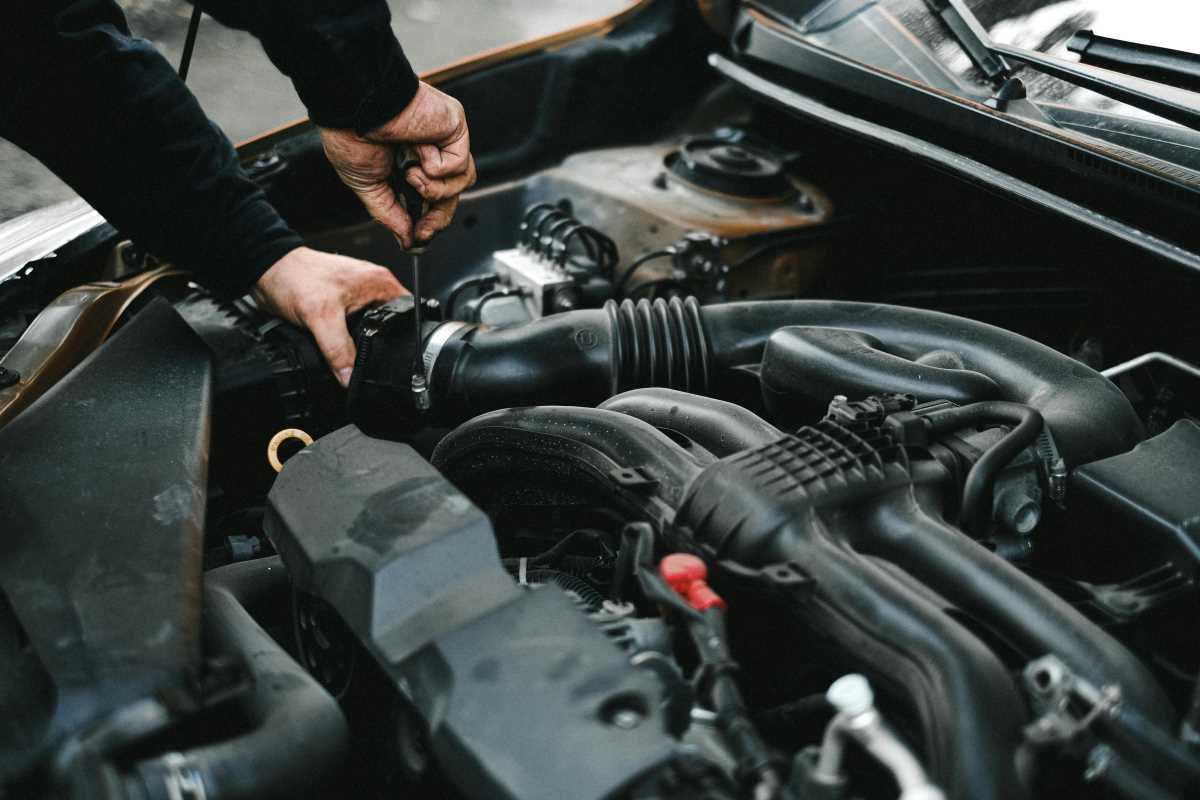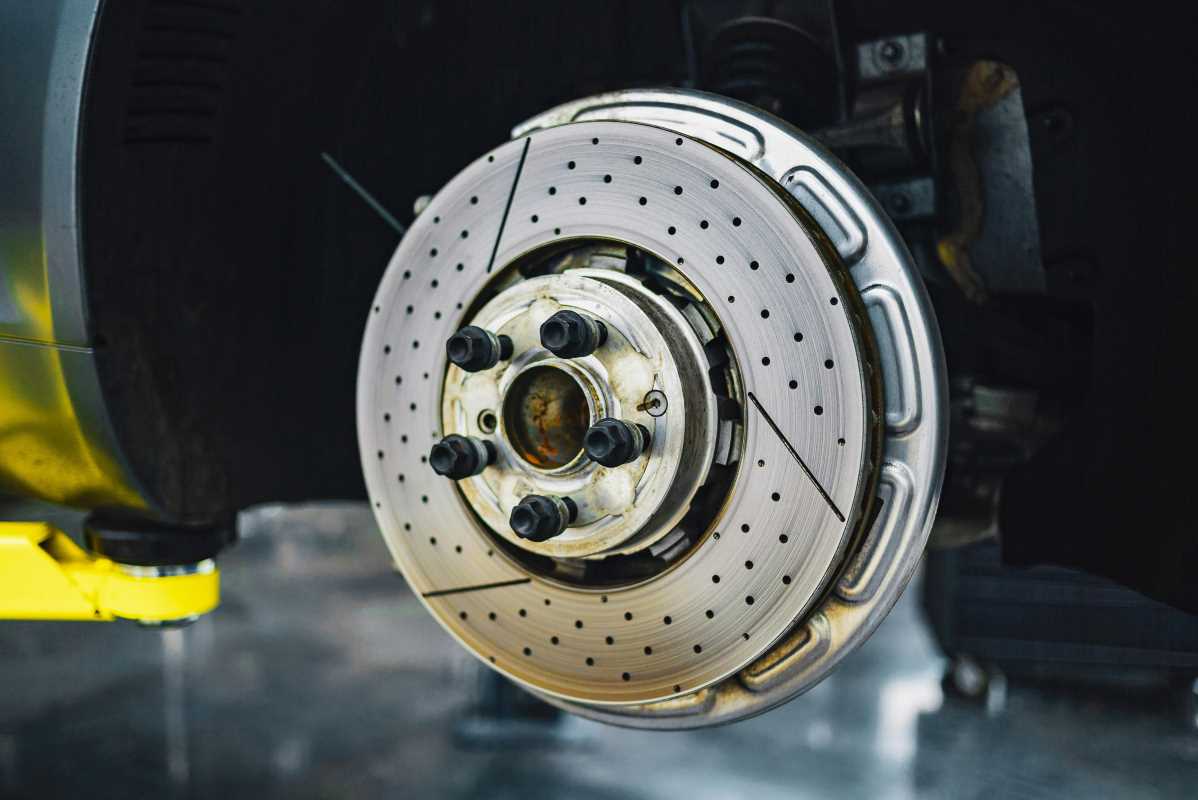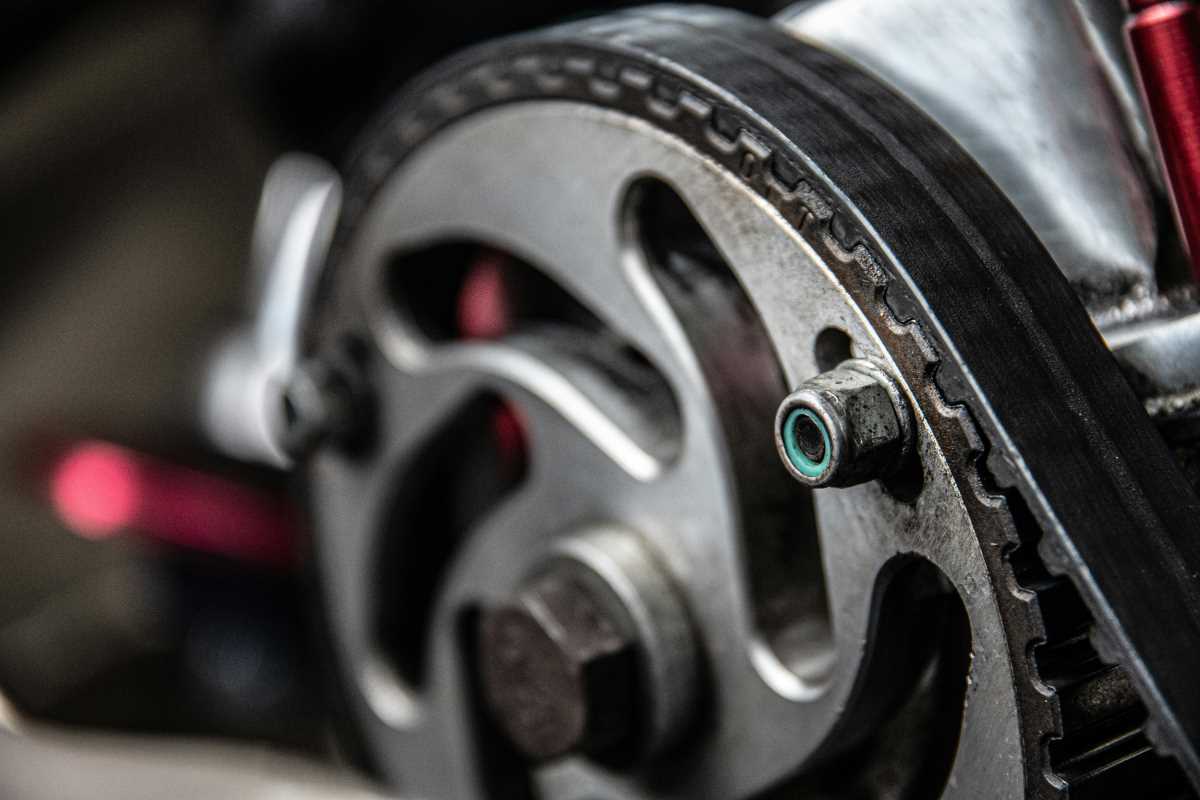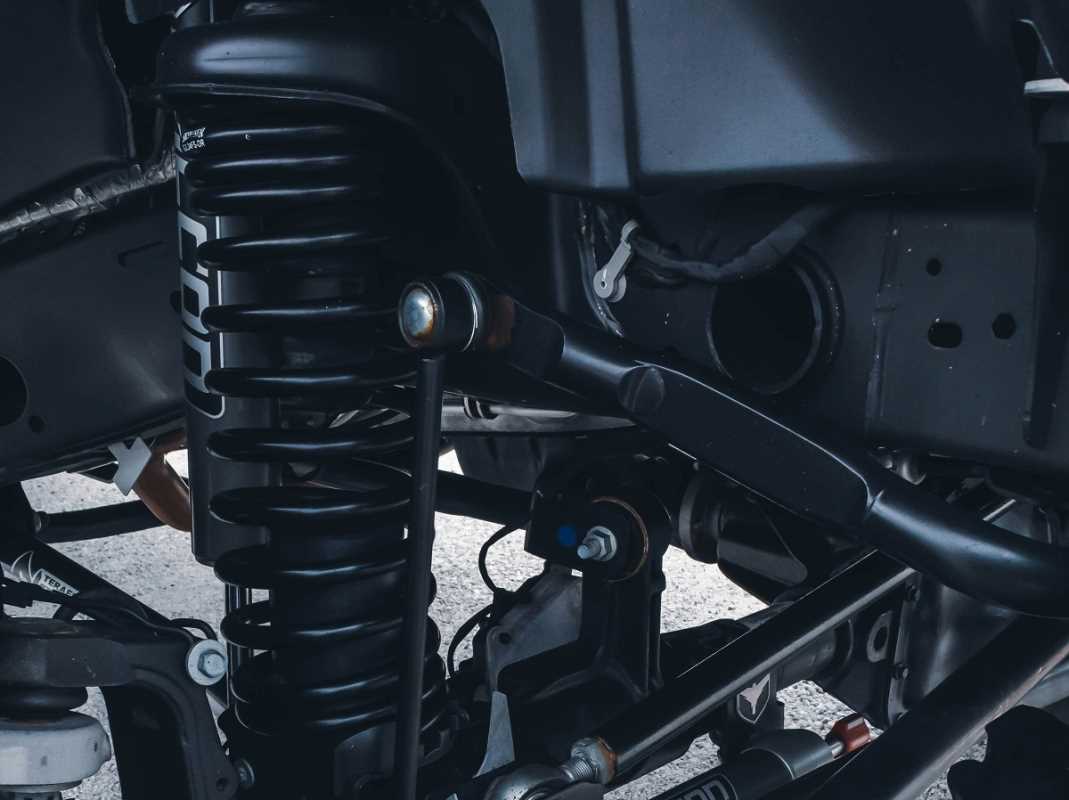Owning a car comes with responsibilities that go far beyond just refueling and hitting the road. Regular maintenance is a crucial part of ensuring your vehicle operates safely, efficiently, and reliably for years to come. From routine oil changes and tire rotations to checking your brakes and fluid levels, staying on top of maintenance can prevent costly repairs down the line and keep you safer on the road. To make car care simpler and less intimidating, we've put together a comprehensive list of questions that every driver—whether you're a seasoned pro or a new car owner—should ask themselves before getting behind the wheel.
1. How Often Should I Change My Oil?
Oil changes are one of the most important parts of routine car maintenance. Your oil lubricates the engine, reduces friction, and helps keep all the moving parts working properly.
- How often? Most vehicles need an oil change every 5,000 to 7,500 miles. However, check your car’s owner’s manual since some newer models can go up to 10,000 miles or longer.
- Signs you’re overdue: Watch for a low oil warning light, dark and gritty oil on the dipstick, or increased engine noise.
- Pro tip: Always use the type of oil recommended in your car’s manual (e.g., synthetic, synthetic blend, or conventional).
2. How Do I Take Care of My Tires?
Healthy tires improve fuel efficiency and keep you safer on the road.
- Check tire pressure regularly: Use a tire pressure gauge to ensure your tires meet the manufacturer’s recommended PSI. Most cars list this on a sticker inside the driver’s door or in the owner’s manual.
- Inspect for wear and tear: Look for cracks, bulges, or uneven tread. Uneven wear might mean it’s time for a wheel alignment.
- Rotate your tires: Aim to rotate them every 5,000–7,500 miles to promote even tread wear.
- Tread check tip: Insert a penny into the tread, with Lincoln’s head down. If you can see the top of his head, it’s time for new tires.
3. What Should I Know About Brake Maintenance?
Your brakes are one of the most critical safety components of your car. Here’s how to keep them in top shape:
- When to inspect brakes: Have them checked at least once a year or if you hear squealing, feel vibrations, or notice a decrease in stopping power.
- Brake pads: These typically last 30,000–70,000 miles, depending on driving habits. City drivers may need replacements sooner due to frequent starts and stops.
- Fluid matters: Brake fluid should be replaced every two to three years or as recommended in your manual. Low or dirty fluid can lead to spongy brakes.
Quick tip: If you hear grinding or squeaking noises when braking, schedule a professional inspection immediately!
4. Why Are Fluid Checks Important?
Your car relies on more than just oil. Various fluids help power critical systems, from your brakes to your radiator.
- What to check:
- Engine oil
- Coolant/antifreeze
- Brake fluid
- Transmission fluid
- Power steering fluid
- Windshield washer fluid
- When to check? A good rule of thumb is to check most fluids monthly. Windshield washer fluid can be refilled as needed, especially during messy weather seasons.
- How to do it: Most fluids have clear markings for minimum and maximum levels. If fluid levels are low or appear dirty, top them off or replace them.
Pro tip: Use the correct type of fluid for your car. Mixing incompatible fluids can damage your vehicle.
5. How Can I Ensure My Battery Stays Healthy?
A healthy car battery keeps your vehicle starting smoothly and your electronics running seamlessly.
- Check the terminals: Clean off any corrosion (white, chalky residue) with a mixture of baking soda and water. Loose or corroded terminals can lead to weak connections.
- Monitor battery voltage: Test your battery voltage periodically. A fully charged battery should read about 12.6 volts.
- Signs it’s time for a replacement: Slow engine cranking, dim lights, or an old battery (most batteries last 3–5 years).
- Seasonal check-ins: Cold weather can sap your battery’s power, while hot weather can lead to faster wear and tear. Stay vigilant during extreme temperatures.
Extra tip: Always turn off headlights and interior lights when the engine’s off to avoid draining your battery.
6. What Seasonal Maintenance Should I Perform?
The changing seasons can take a toll on your car. Here’s how to prep for each one:
- Winter:
- Use winter-specific windshield wiper fluid.
- Check tire tread and consider winter tires for icy conditions.
- Keep an emergency kit with a blanket, flashlight, and ice scraper.
- Summer:
- Inspect your cooling system (radiator, hoses, coolant levels) to prevent overheating.
- Ensure your air conditioning is functioning properly.
- Check tire pressure often since heat can cause it to fluctuate.
- Fall and Spring:
- Inspect wiper blades for wear and tear.
- Check for leaves or debris in the air intake system.
- Inspect your HVAC system for any needed maintenance.
Staying ahead of seasonal changes can prevent costly surprises down the road.
7. Do I Need to Replace Air Filters?
Air filters are small yet essential components that keep your engine running clean.
- Engine air filter: Replace every 12,000–15,000 miles or annually. A clogged filter reduces fuel efficiency and can cause sluggish acceleration.
- Cabin air filter: These should be replaced every 12,000–15,000 miles to keep your cabin air clean and fresh.
- DIY tip: Most filters are simple to replace yourself. Check your owner’s manual for instructions.
Regular filter changes can make driving more comfortable and improve your engine’s performance.
8. How Can I Prolong My Car’s Lifespan?
Routine upkeep is the secret to owning a reliable car for years to come.
- Stick to a schedule: Follow your owner’s manual for recommended service intervals for oil changes, transmission services, and more.
- Don’t ignore dashboard warning lights: These indicators exist for a reason. If a light comes on, address it promptly.
- Wash and wax your car: Prevent rust and keep your car looking sharp by washing frequently and applying wax every few months.
- Drive gently: Aggressive driving, such as quick accelerations and hard braking, can cause unnecessary wear and tear over time.
A little extra effort today can save you from costly repairs later.
9. When Should I Seek Professional Help?
While there’s a lot you can handle yourself, some issues require expertise.
- Seek a mechanic if you notice:
- Strange noises, like knocking or hissing.
- Smoke or strong smells from the engine.
- Persistent fluid leaks under your car.
- Warning lights you can’t resolve.
Skipping professional maintenance could lead to expensive or dangerous outcomes, so never hesitate to ask for help when in doubt.
Helpful tip: Build a relationship with a trustworthy mechanic to ensure your car gets proper care over time.







